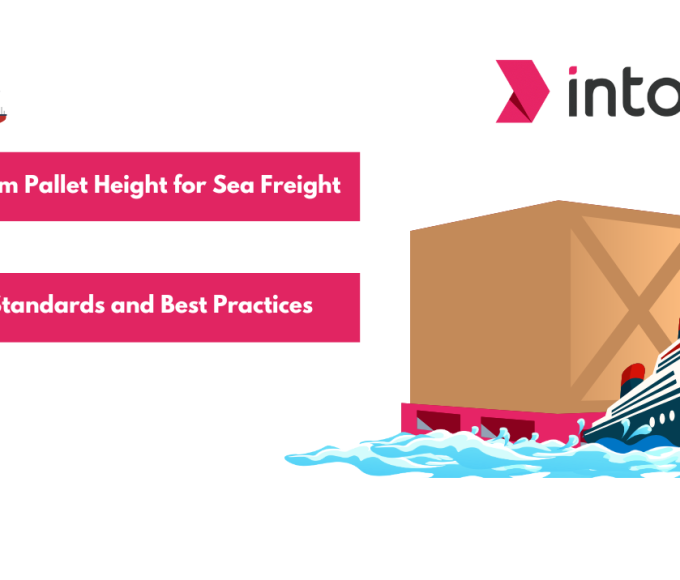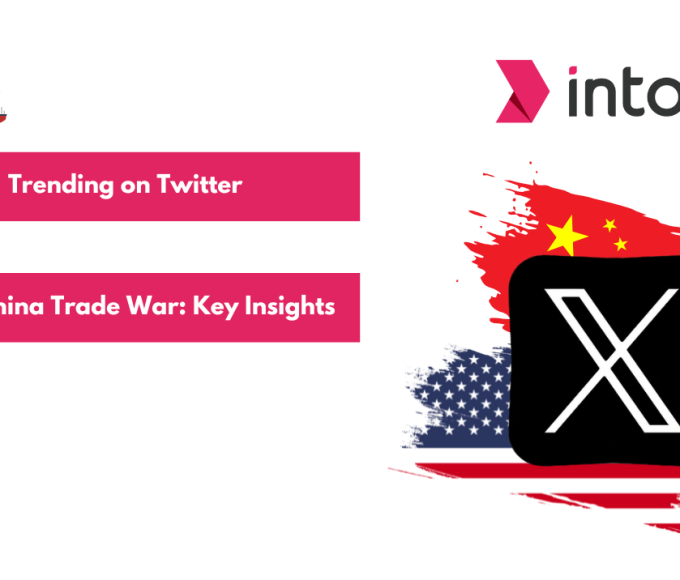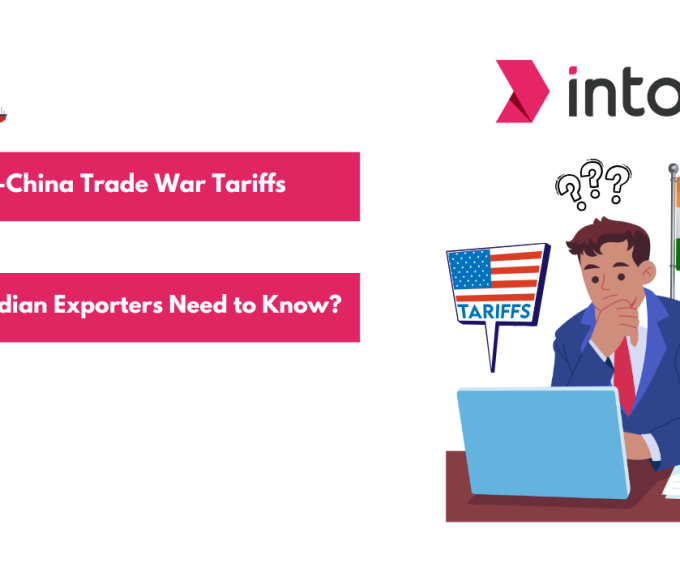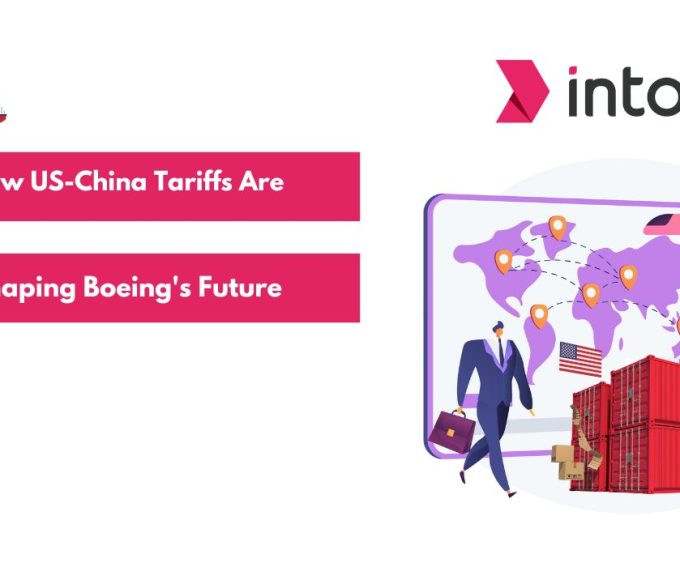What is DDP / DDU and what is its relevance to exporters?
The increase in digital access has made it easier for customers all over the world to buy goods from other nations. This has only accelerated during COVID-19 where customers have started purchasing online and are exploring new products from other countries.
India is quickly emerging as a force to be recognized in global trade with total merchandise exports expected to cross USD 450 billion and imports expected to cross USD 650 billion in FY 23. No fewer than 91% of Indian sellers are looking at expanding their business to new markets, with 73% eyeing the USA alone. More and more Indian sellers are trying to expand across the border increasing the competition, hence it becomes crucial to reach out to new buyers and open up new markets.
One feasible way for sellers to target new buyers while increasing their margins is to switch to DDP shipment. In a three part series, we will explore how DDP Shipping helps sellers / exporters capture these new markets.
What does DDP shipment mean?
Delivered duty paid (DDP) is an Incoterm which constitutes a delivery agreement where the seller assumes all the responsibility, risk and costs associated with shipping goods till the destination port where the buyer receives them or transfers them.
This is as per the Incoterms defined by the International Chamber of Commerce (ICC).
In DDP shipment the seller has to take care of the following:
- Goods, commercial invoice and documentation
- Export packaging and marking
- Contract of carriage
- Export license and customs clearance
- Duties and taxes
- Proof of delivery
- Cost of all inspections, transportation and delivery
In case the buyer agrees to pay duties & taxes after arrival at the point of delivery, that shipping agreement is known as Delivered Duty Unpaid (DDU).
Both DDP and DDU shipping agreements are widely used by sellers around the world. However, in India these have been less popular with exporters since buyers prefer nominated mode of shipping where the responsibilities of the seller become quite limited in scope.
In the next article, we will explore the various advantages of DDP / DDU mode of shipment.
To know more about end to end or DDP shipping, please write to us at contact@intoglo.com








Leave a comment